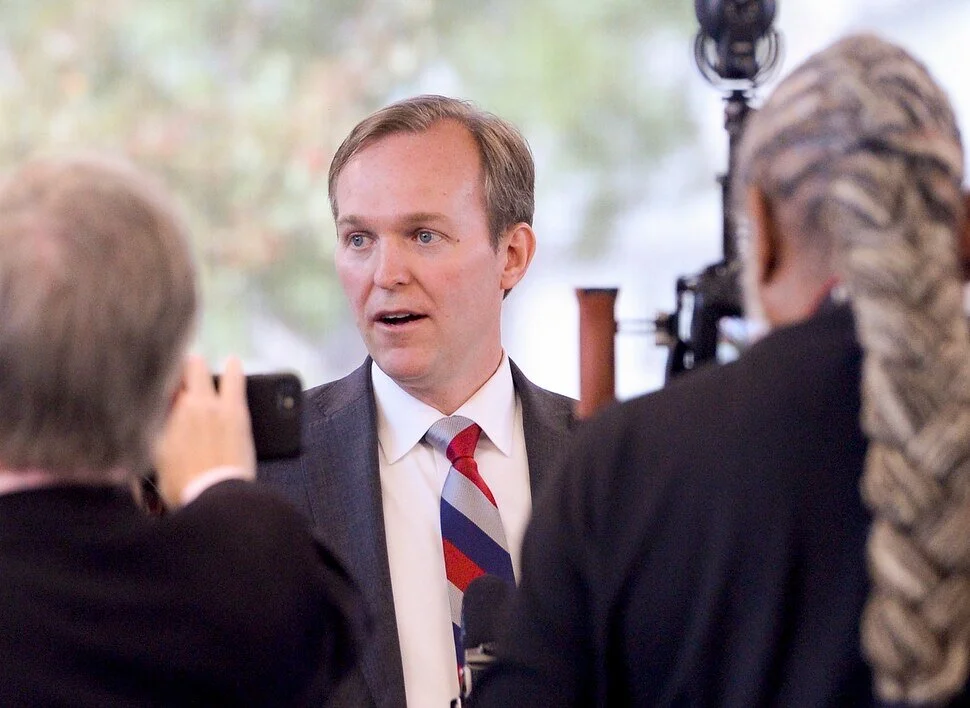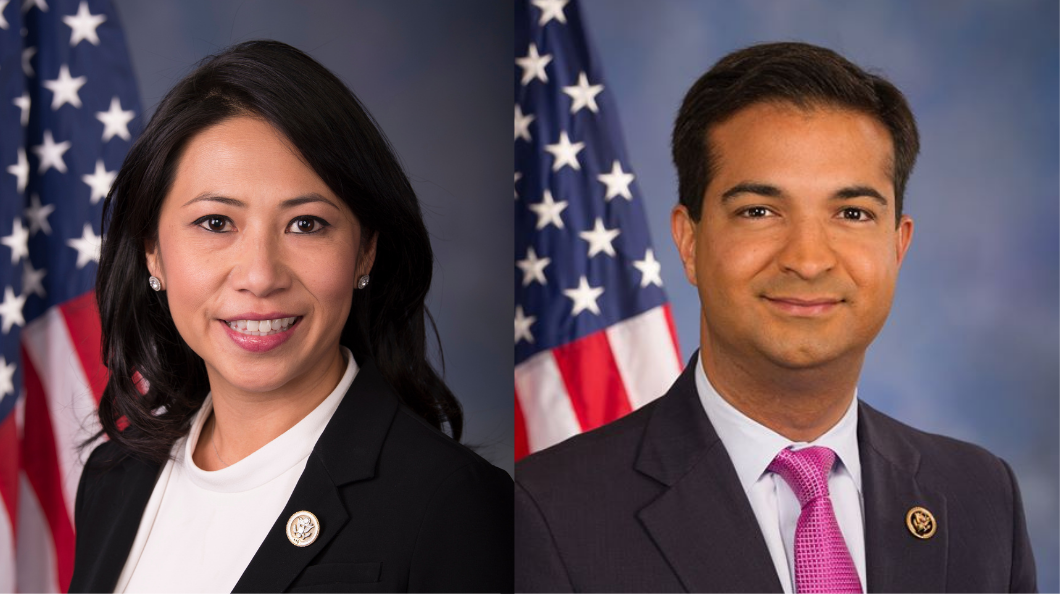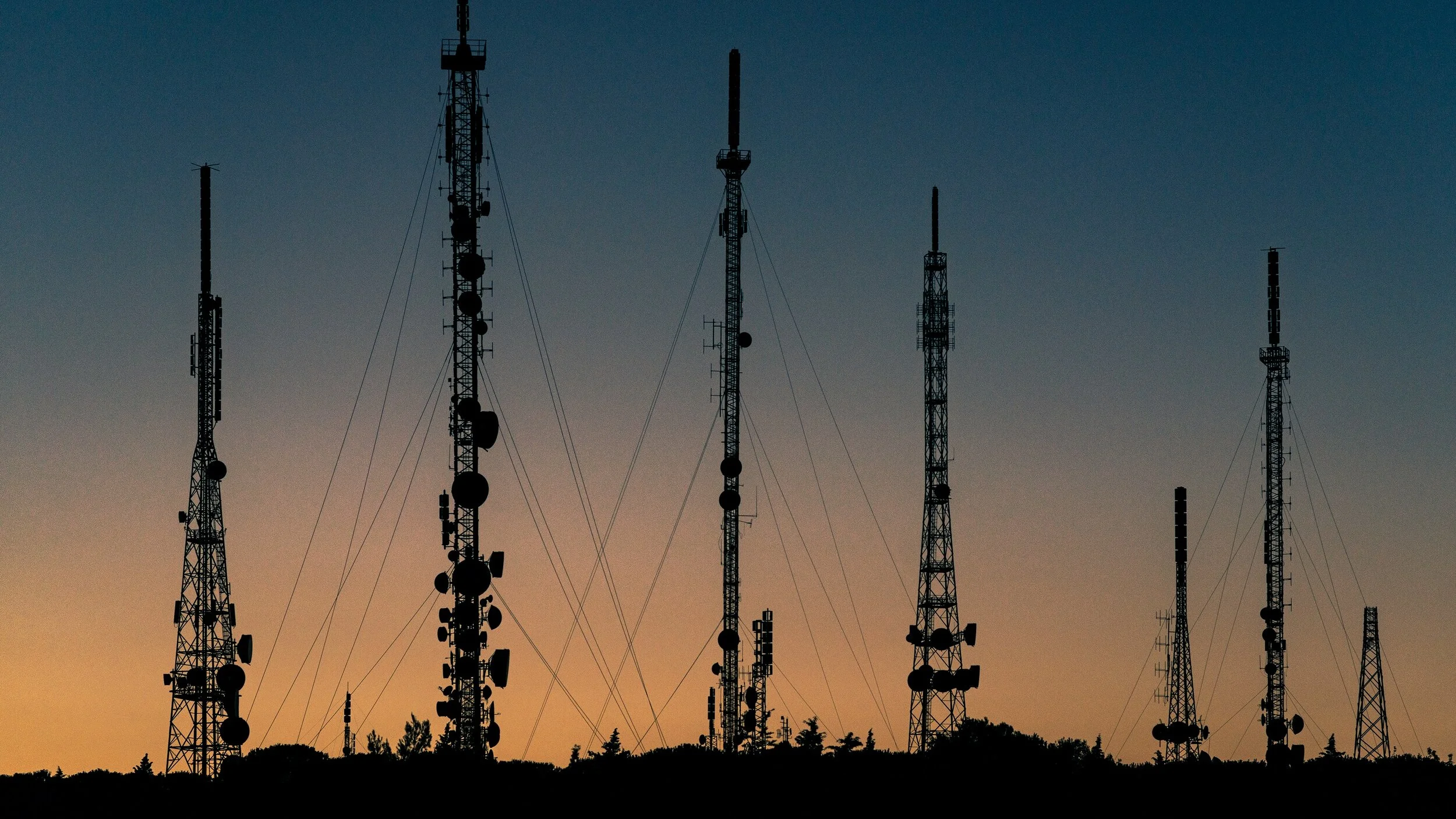Congressional Future Caucus (CFC) member Rep. Seth Moulton (MA-6) introduced HR3426, the Democracy Technology Partnership Act in the House of Representatives. Future Caucus members Rep. Adam Kinzinger (IL-16) and Rep. Ruben Gallego (AZ-7) are co-sponsors of the bill.
Future Caucus Members Fight to Grant Americans Legal Recourse Against Foreign Actors
CFC members have cosponsored the HACT Act, which seeks to address the growing threat of foreign cybersecurity attacks against the United States. The bipartisan legislation currently has ten Democratic co-sponsors and seven Republican co-sponsors and has been referred to the House Committee on the Judiciary.
Future Caucus Member Legislation Aims to Protect Client Communications
HR 546 or the “Effective Assistance of Counsel in the Digital Era Act” is a bipartisan criminal justice reform bill aimed at “[prohibiting] the Department of Justice from monitoring the contents of a privileged electronic communication between an incarcerated person and his or her legal representative.”
The Future Caucus Tackles Mobile Telecommunication Security
By a 413–3 vote on January 8, 2020, the House of Representatives passed H.R. 2881, the Secure 5G and Beyond Act of 2020. This bill was introduced by Rep. Abigail Spanberger (D-VA-7) and cosponsored by members on both sides of the aisle, including Congressional Future Caucus members Reps. Elise Stefanik (R-NY-21), an original cosponsor, Seth Moulton (D-MA-6), Will Hurd (R-TX-23), and Anthony Gonzalez (R-OH-16).
Artificial Intelligence: A letter to the National Institute of Standards and Technology
On December 12th, Congressional Future Caucus co-chair Rep. Anthony Gonzalez (R-OH), along with fellow CFC member Rep. Darren Soto (D-Fl), penned a letter to the National Institute of Standards and Technology (NIST) requesting that they work to develop a voluntary framework to facilitate and guide the expansion of AI use around the country.
Deepfakes: The Identifying Outputs of Generative Adversarial Networks Act (IOGAN)
Rep. Gonzalez introduced the Identifying Outputs of Generative Adversarial Networks (IOGAN) Act in September alongside new CFC co-chair Rep. Haley Stevens (D-MI-11). The bill provides for increased funding to the National Science Foundation (NSF) and the National Institute of Standards and Technology (NIST) to examine the United States’ ability to identify and combat deepfakes and better understand the technology.
Bipartisan Bill for Technological Improvements for Law Enforcement Passes the House
This common sense legislation helps move American law enforcement into the 21st century by ensuring the best possible use of available technology. By leveraging our strengths, and tapping our national innovative predilection, these Future Caucus members are embodying a post-partisan ethos that will drive our country towards safer, and more just outcomes. By separating the whims of the party from the core task of legislating, more victories like this will become possible.










